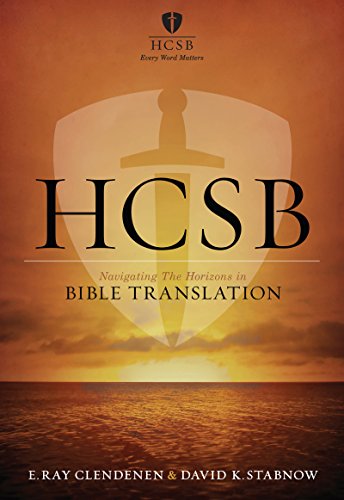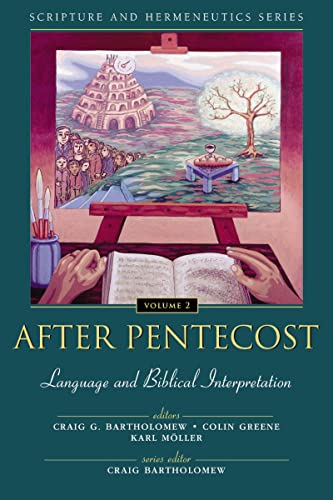Sublime
An inspiration engine for ideas
For the fact was that religious conversion wasn’t sufficient. Rather than letting other ‘nations’ extol God, the Jewish leadership demanded that all ‘nations’ become fully Jewish; there was no room for Egyptian-Jews or Roman-Jews, let alone Germanic-or British-Jews, but only for Jewish-Jews. Given the remarkable success they achieved, this ethnic b
... See moreRodney Stark • Cities of God

Determining What the Author Meant
J. Scott Duvall, J. Daniel Hays • Grasping God's Word
Among prominent evidentialists are the author of this article; Gary Habermas; and the many advocates of the “Intelligent Design” movement (the most important being William Dembski).
Joseph M. Holden • The Comprehensive Guide to Apologetics
After Pentecost: Language and Biblical Interpretation (Scripture and Hermeneutics Series)
amazon.com
late modernism has attempted to formally sever the connection with Christianity while, often unknowingly, living off of Christianity’s moral heritage.
Josh Chatraw • Apologetics at the Cross: An Introduction for Christian Witness
The crisis in Galatia had taught Paul a sobering lesson: that so extreme might be the sense of dislocation experienced by his converts that some of them, groping after a way to reorient themselves, could seriously contemplate circumcision. The Jews, after all, were an ancient people, and their laws famously strict. The appeal of an identity that wa
... See moreTom Holland • Dominion: The Making of the Western Mind
Ambassador of Insights
Martina Lauchengco • Loved: How to Rethink Marketing for Tech Products (Silicon Valley Product Group)
Rejecting some Jewish beliefs, spiritualizing the old promises by transferring their focus from the land and people of Israel to personal salvation, yet preaching the basic religious love and consolation of Judaism to the world, they created Christianity.